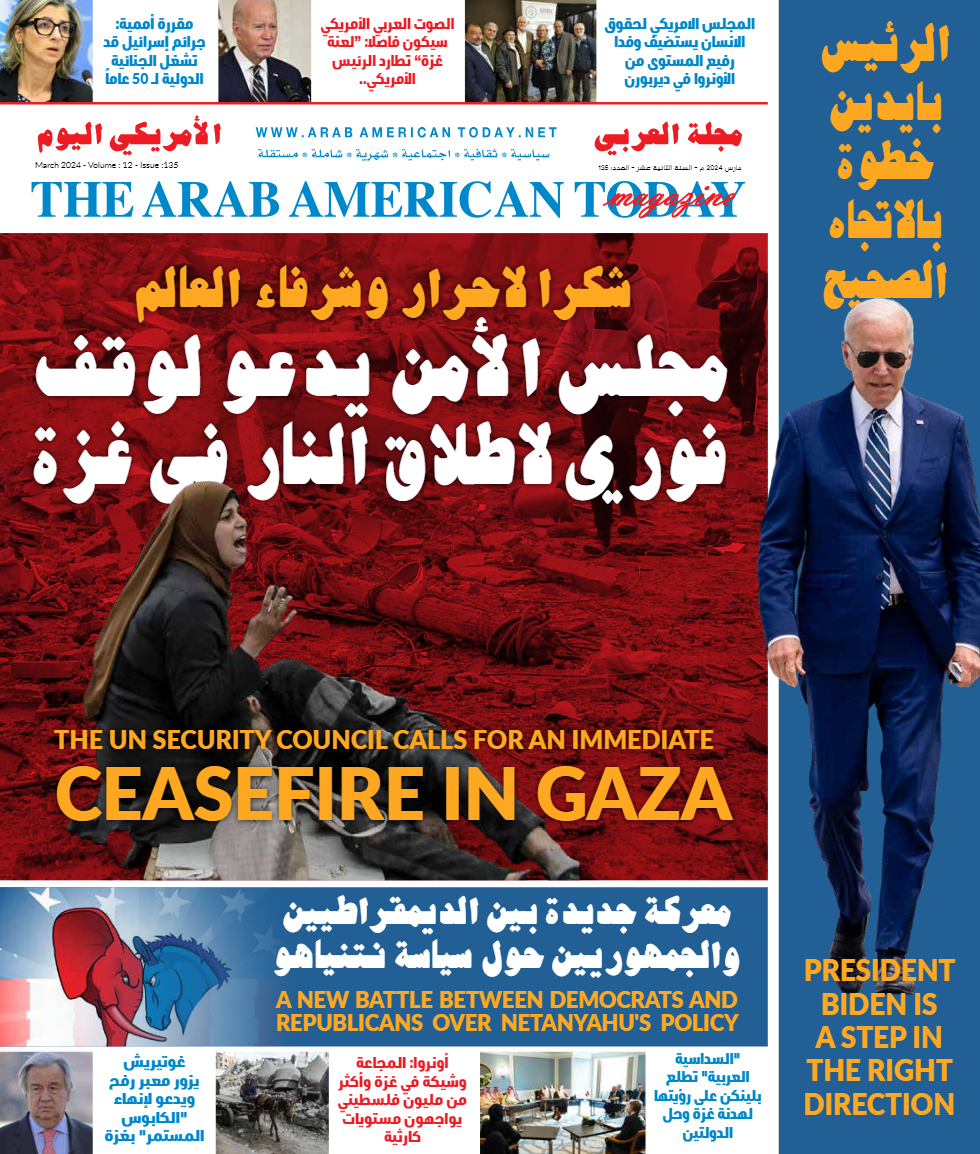
George Shultz Understood That Money Was Power
2021-02-08

Hal Brands
George Shultz, who died on Sunday at age 100, never enjoyed the same mystique as a George Kennan or Henry Kissinger. Yet he had every bit as strong a claim to being America’s greatest strategist of the post-World War II era.
The former secretary of state helped the U.S. solve three great strategic problems of the late 20th century. In doing so, he also helped catapult America from the malaise of the 1970s to the dominance of the post-Cold War era, and he left a legacy that remains relevant today.
It can be hard to remember now just how bad America’s position seemed in the 1970s. The U.S.-led Bretton Woods system of international finance had collapsed; the West faced prolonged economic stagnation and turmoil. The Soviet Union appeared ascendant in the arms race and the developing world. Democracy was reeling from the political and economic stresses of the modern age.
But by the late 1980s, the Cold War was ending on American terms, democracy was spreading like wildfire, and the U.S. was moving into a new era of economic primacy. Shultz made three signal contributions to this recovery.
First, Shultz revived American economic power for an age of globalization. As secretary of the Treasury between 1972 and 1974, Shultz — along with Undersecretary Paul Volcker — convinced Richard Nixon to stop trying to recreate a system of fixed exchange rates after the fall of Bretton Woods, opting instead for the floating exchange rates we still have today.
That shift initially added to international economic instability. But over the longer term, it liberated capital flows that Bretton Woods had constrained, turbocharging the arrival of financial globalization.
It freed the U.S. from the burden of keeping its currency artificially overvalued and its exports overpriced. And because America had the world’s most attractive capital markets, it allowed the U.S. to pull in vast sums of foreign investment in subsequent decades, buoying the domestic economy while letting Washington live beyond its means by drawing on the savings of foreigners. Shultz, as much as anyone else, was the author of the move to a more open global economy — and to a system that sustained U.S. economic leadership through the end of the Cold War and beyond.
Second, as secretary of State under Ronald Reagan, Shultz helped power the democratic renaissance by reconnecting American values to American strategy. After the Vietnam War, there had been sharp debates about whether promoting democracy and human rights was a way of advancing U.S. interests or a potentially fatal distraction from them. The Jimmy Carter administration’s human rights policies had inadvertently destabilized repressive yet friendly regimes in Nicaragua and Iran, making democratic idealism seem like geopolitical naivete.
In a series of brilliant speeches, Shultz explained why Washington had a compelling strategic interest in promoting its ideological values: because democratic legitimacy would make allies in the developing world more resilient against communist subversion; because the U.S. would enjoy stronger bonds with countries whose political systems were not abhorrent to American moral sensibilities; and because a totalitarian superpower, the Soviet Union, would see its influence and appeal shrivel in a democratic world. Responding to the errors of the Carter years, Shultz’s State Department then led the administration in developing an approach that linked democratic ambition to diplomatic prudence.
The U.S. would work with repressive security services in countries such as El Salvador, while encouraging governments to defang communist insurgencies through far-reaching political reforms. It would use human rights and democracy as a hammer against repressive Soviet client states, such as Nicaragua and Poland. And it would focus on supporting democratic transitions in countries where a moderate, noncommunist opposition was pushing for change.
Over the course of the 1980s, this strategy assisted democratic breakthroughs in at least a dozen countries, from South Korea to Chile. The Reagan administration remains the exemplar of a strategically savvy approach to promoting American values.
Finally, Shultz helped solve the problem of bringing a long great-power rivalry to an end. When Shultz became secretary of State, the Reagan administration was ramping up pressure on a declining, overextended rival militarily, ideologically and economically. In doing so, it also drove up Cold War tensions to dangerous heights.
The superpower conflict seemed as stalemated as ever in the early 1980s. Shultz’s contribution was in translating the geopolitical leverage Washington had built into a historic reduction of tensions on America’s terms.
Shultz encouraged Reagan to keep turning the screws on Moscow. “The strategic reality of leverage,” he commented, “comes from creating facts in support of our overall design.” But he also understood that Soviet President Mikhail Gorbachev would only make the concessions Reagan sought — in the arms race, the developing world and even Moscow’s treatment of its own citizens — if Reagan built a climate of diplomatic engagement and reassurance with a congenitally insecure regime.
During the late 1980s, Reagan would use American strength and Soviet decline to push Gorbachev toward a series of historic retreats, such as the Soviet withdrawal from Afghanistan and the conclusion of the Intermediate-Range Nuclear Forces Treaty, while using summitry and personal diplomacy to help the Soviet leader portray those retreats as triumphs of enlightened statecraft. If the Cold War was mostly over by the time Shultz and Reagan left office in 1989, it was in no small part because they had so deftly combined the hard line with the soft touch.
Circumstances change, but some lessons are timeless. U.S. global power still rests as much on its financial advantages as its military and diplomatic might. Promoting American values remains central to advancing American interests, but only if done in a strategically sensible way.
Successful diplomacy with rival powers still requires enough pressure to make concessions seem necessary and enough conciliation to make accommodation seem like an acceptable option. Shultz’s contributions to an earlier era of American renewal have much to teach us as the U.S. faces a new slate of geopolitical challenges today.
















